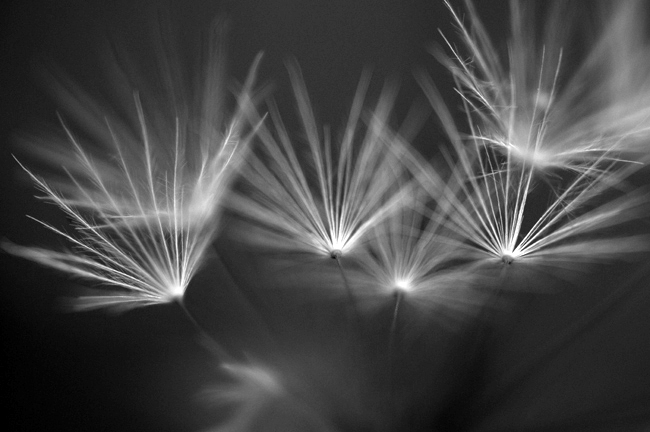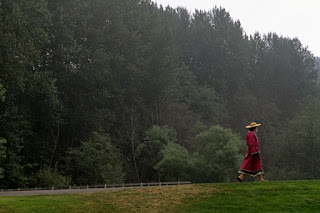I love to travel. My family traveled along the West Coast through the nineties in an RV and stayed at all the major cities and parks along the way. There was so much to shoot that you could never run out of great subjects.
Fast forward to the present and the major changes that are taking place in the Photo Industry and more to come and you would have a hard time convincing me that travel photography can give you a good decent, consistent living in today's market place for Stock Imagery. It used to be that you would travel, take photos and then submit those images to your agency and then as those images began to sell, you would use that income to fund the next trip and so on and so on. But nowadays because of the digital revolution destroying the dollar return on the license for an image and agencies fighting to gain market share by giving imagery away for almost nothing, you cannot survive and prosper on Stock Photography income alone. That is why you have so many professional photographers doing weddings, portraits, seminars, workshops, consulting and working at other jobs outside of the photo industry. They are all scrambling to stay afloat in this topsy-turvy world we live in.
With photos dirt cheap, why would a client pay more for a travel image from you when all he has to do is use the web and find some photographer from that area of the world that he is interested in and deal directly with him. Who cares if he is an amateur, ultimately we are all amateurs learning new things all the time and becoming better at our hobbies. The lesson now is to be smart and not waste your time thinking that you can travel thousands of miles to exotic locations and create great images in these beautiful locations and expect those images to sell automatically.
So even before you start your journey and get on a plane you are already traveling with an albatross around your neck, no matter where you go everybody is a photographer and everybody can take an image and sell that image on the web. They also have the leisure time to wait for the best light and not rush their shooting because they are not on a deadline.
There will be alot more crowd sourcing sites popping up like istock photo, Flickr and Tumblr and once they reach a critical mass of subjects the people running the site will contact the big photo agencies and allow them to troll through the site and cherry pick the best images as long as the photographer gives them exclusivity.
Plus, you have the cost of getting to your "exotic"location and then paying for a room, food, rental car, family, entertainment and more. I put in family above because if you are a travel photographer and leave your family behind to shoot in far away places then your also losing out on quality time with the most important relationships in your life. That is why I took my family with me. I regretted not doing this with my older daughter.
So as a travel shooter you have no guarantees that your images will sell anymore. Actually you can do the math, as more and more people get the photo bug and buy digital camera or cell phones your imagery becomes less and less critical for buyers who have an overabundance of photos to choose from any one of which will fit their editorial and commercial brands.
Right now I am spending more time creating conceptual images and when I do travel, I travel in Washington State. Washington has all the seasons, mountains, rivers, lakes and cities I will ever need. By staying close to home I can still create images but not go broke traveling and spending money with no guarantees that I can recoup my investment and time. Also, I got out of the rat race, you know what I am taking about, that feeling that you have to keep producing more and more just to maintain your level of income and even as you produce an assembly line of imagery you know that nothing can compete with the millions of imagery being uploaded on a daily basis on the web and being sold for pennies on the dollar. The race is already lost and you might as well create images you enjoy making because you might not see any income from them anyway.










